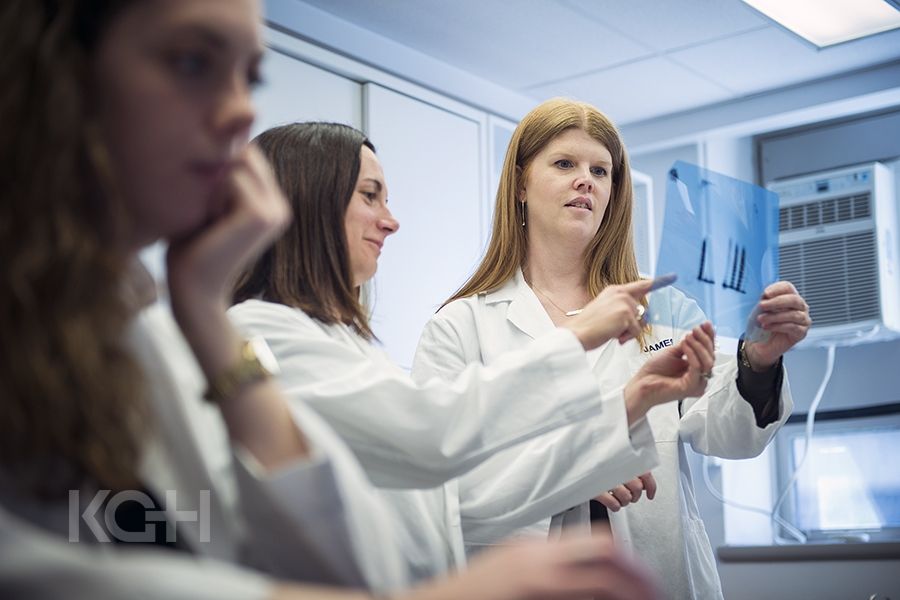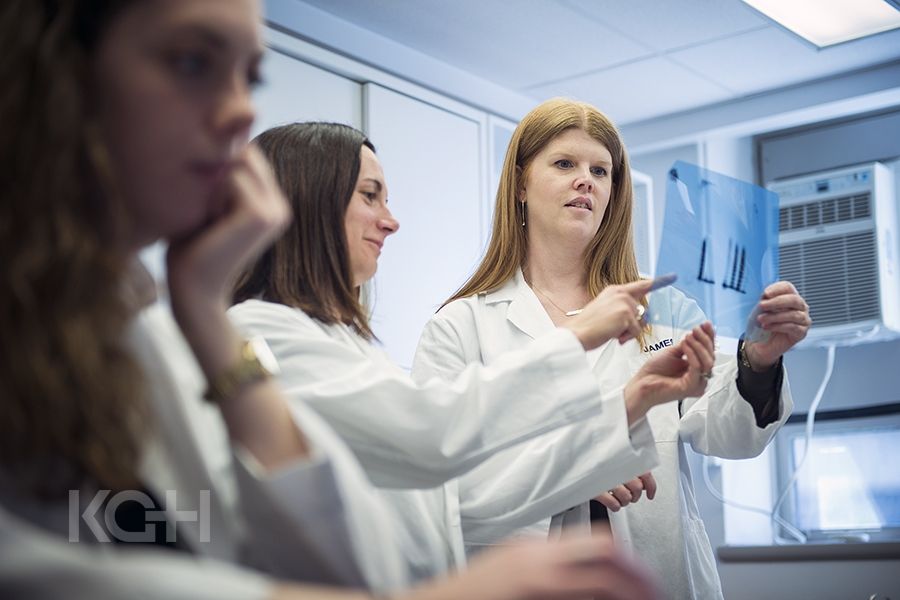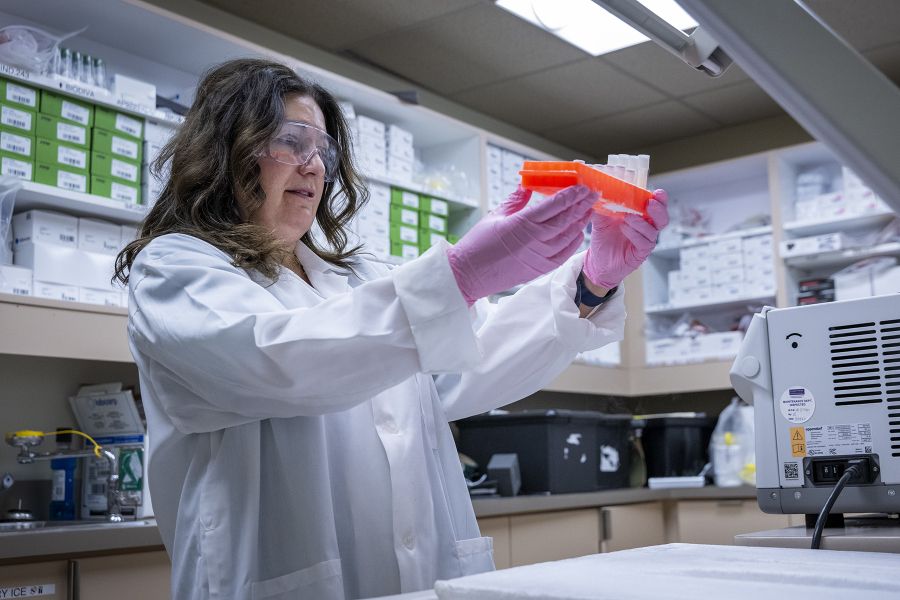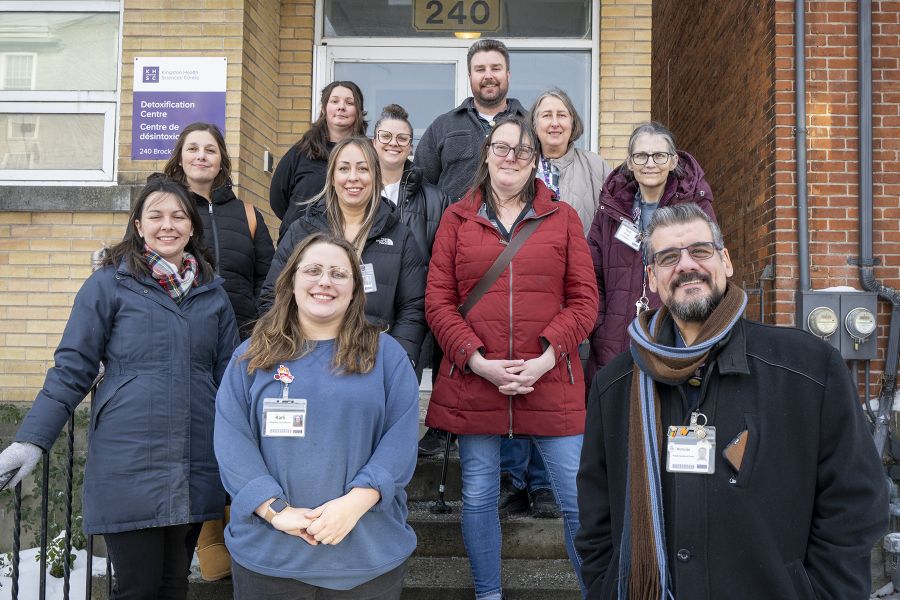Effective immediately masking is required for everyone when present on all inpatient units, in the Emergency Department (ED), the Urgent Care Centre (UCC), and the Children’s Outpatient Centre (COPC).

It’s estimated that there are roughly 35 thousand people in Canada living with some type of inherited bleeding disorder, however it’s believed that most of them aren’t even aware of it. A new online tool, launched this week by a KGH physician is attempting to help close that gap.
A self-administered bleeding assessment tool, developed by Dr. Paula James and her team, is the first of its kind in Canada. The tool, which runs much like an online survey, will help people find out whether the bleeding they are experiencing is abnormal and if they should contact a doctor.
“Many people who have extreme symptoms have already been diagnosed, but people with more mild conditions may simply be used to living with their symptoms,” says James, who is the Director of KGH’s Women and Bleeding Disorders clinic and a Professor at Queen's University. “Even in mild cases, these conditions do have an impact on the quality of someone’s life.”
The most common bleeding disorder is likely one you’ve never heard of. Von Willebrand Disease (VWD) affects about one out of every one-thousand Canadians. The disease is much more prevalent than the more well-known disorder of Hemophilia and the symptoms are important to recognize.
“Patients with VWD often have a hard time performing well at work and in school because they suffer from iron deficiency anemia. Some patients bruise very easily and women tend to experience heavier menstrual cycles,” says James. “In more serious cases patients can develop chronic arthritis or orthopedic issues due to regular bleeding into their joints.”
The new self-assessment tool evolved after a decade of work and is based on previous work by a team in Italy to help doctors diagnose bleeding conditions. The Kingston team was able to adapt the tool to be used directly by patients so they have something to take to their family doctor.
“Once you have answered all of the questions online, the tool will give you a score that is dependent on your age and gender,” says James. “If your score is high, it will suggest you speak to your family physician, who can refer you to a specialist to help diagnose your condition.”
The treatments available to patients with these disorders have also come a long way over the last several decades.
“I’m always pleased when I make a diagnosis because we have so many effective treatments for patients. Thankfully we understand so much more about these diseases now that we have a range of possible treatments that can improve a patient’s life,” says James. “It’s a hopeful diagnosis because with the proper treatments, people can begin living happy and healthy lives very quickly.”
Once diagnosed, patients in Kingston will also benefit from a team of experts at KGH, Hotel Dieu Hospital and the Division of Hematology at Queen’s University.
“Kingston is well known as a leader in the field and the special coagulation lab team at KGH is internationally recognized for its ability to assist in the diagnosis of blood disorders, receiving samples from patients around the country,” says James.
To learn more about blood disorders or to fill in the bleeding assessment tool, visit www.letstalkperiod.ca. To watch a segment that aired on CTV featuring Dr. James’ work visit www.healthandfamily.ca.
Gallery


Dr. Paula James and her research team developed the tool which is the first of its kind in Canada.



